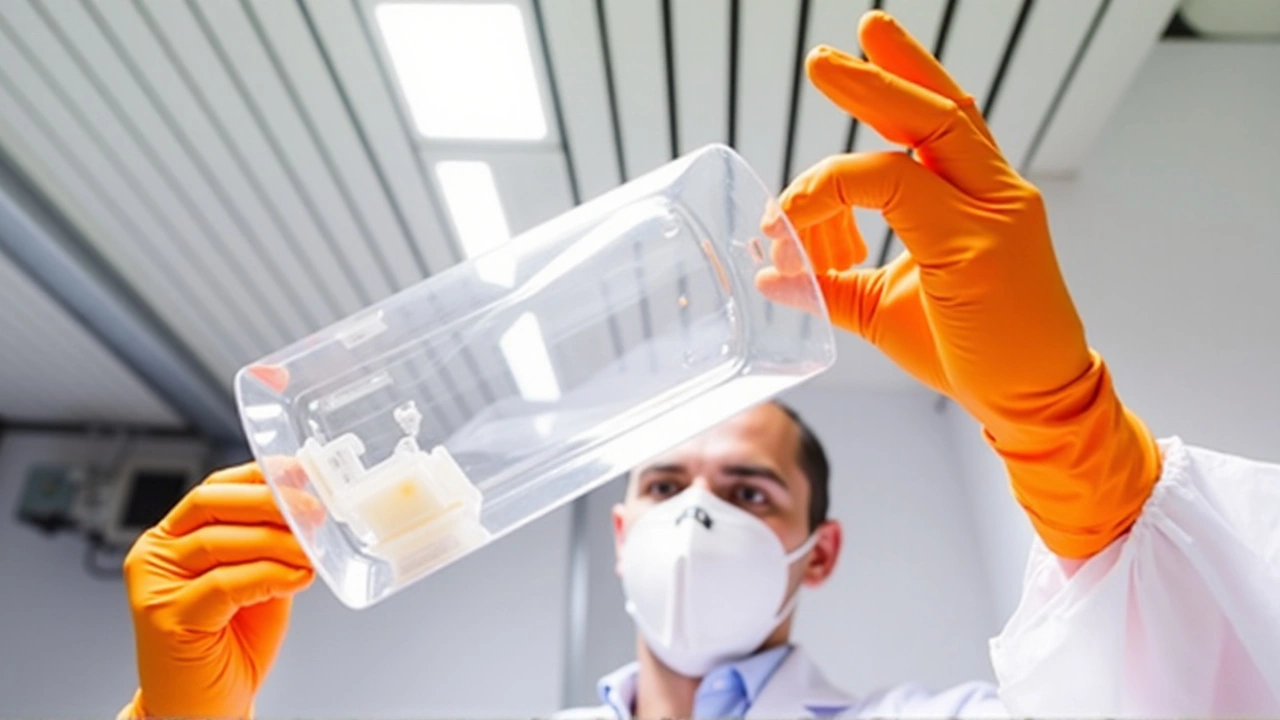WHO Declares Monkeypox a Global Health Emergency: What You Need to Know
The World Health Organization (WHO) has officially designated the ongoing monkeypox outbreak as a global health emergency. This significant decision comes in response to a notable increase in cases and the looming risk of the virus spreading beyond its traditionally affected regions in Africa. With this declaration, the WHO underscores the critical need for raising awareness, educating health workers, and implementing preventive measures to combat the spread of the monkeypox virus.
An Overview of the Monkeypox Virus
Monkeypox, medically known as Mpox, is a zoonotic disease caused by the monkeypox virus. This virus is predominantly endemic in the Central and West African regions. The infection often starts with flu-like symptoms such as fever, headache, muscle aches, and fatigue, before manifesting as a painful skin rash and swollen lymph nodes. While some individuals may experience mild symptoms, others, particularly children, pregnant people, and those with weakened immune systems, face higher risks and potential complications.
Modes of Transmission
The transmission dynamics of the monkeypox virus illustrate its capacity to spread through various channels. Primarily, the disease can be transmitted through direct contact with infected animals, including rodents and primates. Interaction with contaminated materials, such as bedding or clothing used by an infected individual, also poses a risk. Human-to-human transmission, though less common, is a substantial concern. This typically occurs through respiratory droplets during prolonged face-to-face contact, contact with bodily fluids, and even through skin-to-skin contact during intimate encounters.
Understanding Clades: Clade I and Clade II
There are two primary types of the monkeypox virus, namely Clade I and Clade II. Clade I, found in Central Africa, tends to lead to more severe disease manifestations. Those infected with Clade I often experience more serious clinical symptoms and higher mortality rates. In contrast, Clade II, more common in West Africa, usually results in a milder form of the disease. However, both strains necessitate vigilant monitoring and preventive strategies as their potential to spread remains a global health concern.
The 2022 Global Outbreak: Key Demographics
The global outbreak in 2022 highlighted a distinct pattern in terms of affected demographics. Predominantly, the virus spread among men who have sex with men (MSM) through sexual and social networks. This pattern underscores the importance of targeted public health interventions and awareness campaigns within specific communities to curb the spread effectively.
Preventive Measures: Keeping the Virus at Bay
The WHO emphasizes several critical preventive measures to mitigate the spread of monkeypox. Avoiding close contact with infected individuals and animals is paramount. Health workers and individuals in close contact with potential cases should employ personal protective equipment (PPE) such as gloves and masks. Vaccination against smallpox, a related virus, provides cross-protection and can be an effective preventive strategy. Additionally, comprehensive public health education campaigns are essential to inform communities about symptoms, transmission, and protective behaviors.
Global Response and Coordination
The WHO's declaration of a global health emergency aims to enhance international coordination and response efforts. This includes mobilizing resources, facilitating research, and fostering collaboration among countries to develop effective countermeasures. Crucially, the response must focus on both immediate containment and long-term strategies to prevent future outbreaks.
The Road Ahead: Vigilance and Preparedness
As the world navigates the complexities of the monkeypox outbreak, continuous vigilance and preparedness are essential. Public health authorities and communities must remain proactive in their efforts to contain the virus and prevent further spread. Through coordinated global actions, comprehensive public information campaigns, and sustained research, the goal is to minimize the impact of monkeypox and safeguard public health on a worldwide scale.
